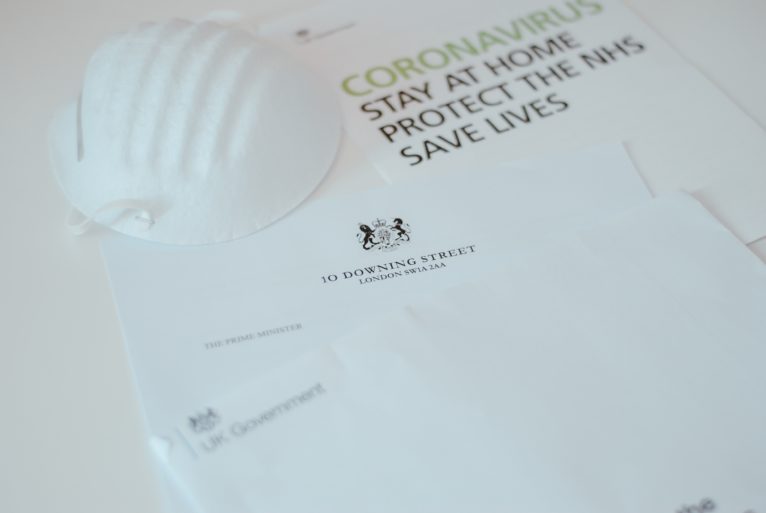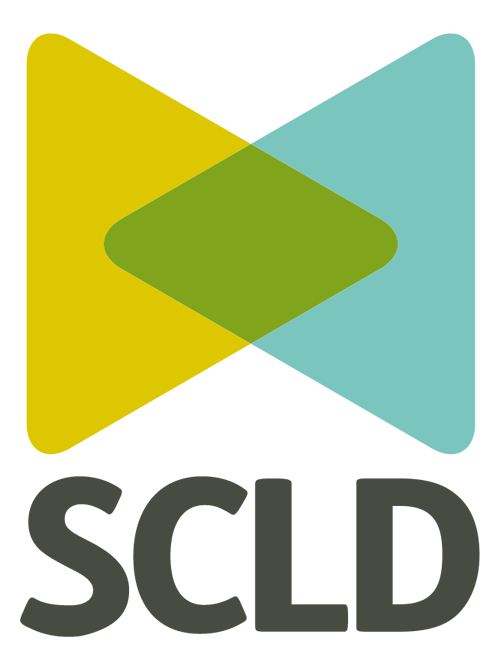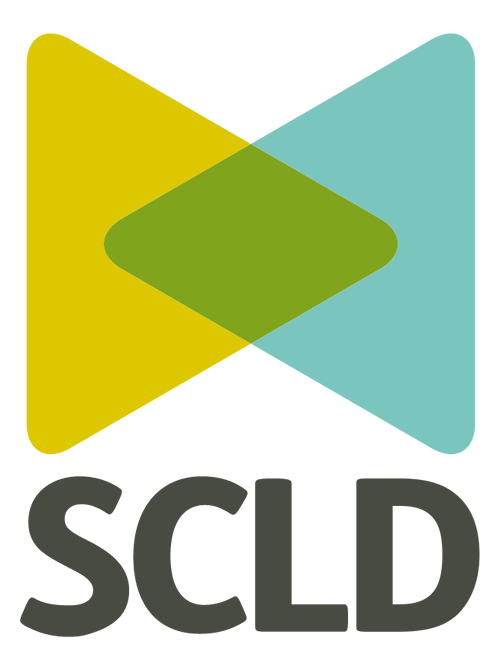
The right to life and health for people with learning/intellectual disabilities during the COVID-19 emergency
SCLD’s Policy & Implementation Officer Oonagh Brown writes about the risk to the human rights of people with learning disabilities during the COVID-19 emergency…
Over the last few weeks, there have been concerns expressed across the UK by disabled people and those who represent them about how decisions will be made concerning disabled people’s health care and treatment during the Coronavirus emergency. It is also becoming clear that ‘Coronavirus is not the great equaliser’. Instead we know it will have a disproportionate effect on people living in poverty, women and the BME community. People with learning/ intellectual disabilities and disabled people are also disproportionately affected.
Evidence and research support this. We know that people with learning/ intellectual disabilities die on average 20 years earlier than the general population. Further evidence tells us that people with learning/ intellectual disabilities are at higher risk of underlying health conditions, including respiratory disorders such as asthma, COPD, and an increased prevalence of swallowing and eating problems which can lead to chest infections and pneumonia.
For people with learning/ intellectual disabilities who are shielding, strictly following social distancing measures, in hospital, in residential settings or not receiving their usual levels of support in their own homes, anxieties and fear surrounding medical decision–making is significant and felt deeply. This, coupled with pre-Coronavirus experiences of discrimination and exclusion, means that people with learning/ intellectual disabilities and disabled people may not feel they are a priority. This is an upsetting but unsurprising reality in a society which at times does not value what people with learning/intellectual disabilities can achieve and contribute.
Coupled with pre-Coronavirus experiences of discrimination and exclusion, means that people with learning/intellectual disabilities and disabled people may not feel they are a priority
We all have a collective responsibility to work together to lessen the weight and impact of these concerns for people. In doing this we must also understand the challenges experienced by health professionals who are facing unprecedented circumstances under extreme pressure. We commend their hard work and fully appreciate the huge challenges this emergency presents.
We must, however, highlight concerns and work to ensure people with learning/intellectual disabilities have equitable access to treatment during this national emergency in line with Article 11 of the UNCRPD.
To do this, we should take account of the critiques put forward by The Alliance, The Scottish Human Rights Commission (SHRC) and The Centre for Mental Health and Capacity Law at Edinburgh Napier University. We must also listen to concerns expressed by People First (Scotland) that some of the existing guidance reads as if the needs and rights of people with learning/intellectual disabilities are a problem for the rest of the population and put other people at risk.
Given this, we believe it is critical that the Coronavirus (COVID-19): Ethical Advice and Support Framework is explicit in its commitment to equality and international human rights. It must be clear that every life is of equal value. Greater alignment to the wider UK ethical framework as proposed by the SHRC may help achieve this and we are working with the Scottish Government and other partners to highlight the concerns and develop updated guidance.
SCLD believes it is critical that the Coronavirus (COVID-19): Ethical Advice and Support Framework is explicit in its commitment to equality and international human rights
Central to relieving anxiety will be clarity regarding the status of the COVID-19 Rapid Guideline for Critical Care in Adults and the decision-making in Scotland. We are also seeking clearer clinical guidance surrounding anticipatory care. To achieve this we must ensure that guidance issued is clear and provides fewer opportunities for unconscious bias and diagnostic overshadowing. This can be supported by the opportunity to embed the messages from the clinical guide for front line staff to support the management of patients with a learning disability, autism or both during the coronavirus pandemic in any relevant guidance published.
Finally, clear public reassurances are required that Scotland will follow the amendments to the COVID-19 Rapid Guideline for Critical Care in Adults and will adhere to the statement in the amended guidance that:
We believe these steps will work towards alleviating the legitimate concerns that people with learning/intellectual disabilities and disabled people will face blanket discrimination.
SCLD will continue to work with The Scottish Government, partners and people with learning/ intellectual disabilities to protect their human rights in the coming weeks and months. Listening to the concerns raised by People First (Scotland)’s members will be a helpful in ensuring this is achieved.
Oonagh Brown
Policy & Implementation Officer, SCLD
If you have any questions or concerns regarding health care for people with learning disabilities during the Coronavirus emergency, please call the SCLD team on 0141 248 3733 or email Oonagh.


